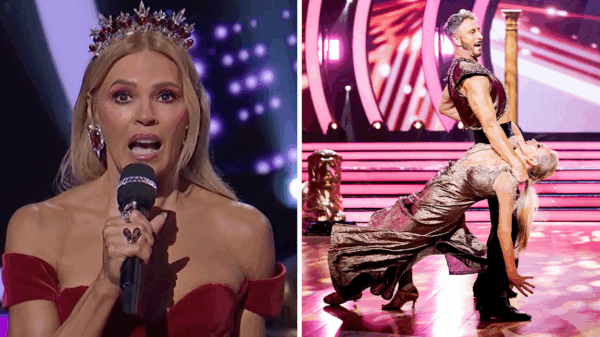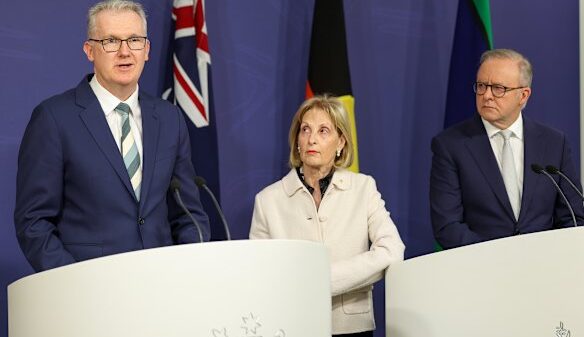Concerns over transparency have arisen following the $2 million compensation offer extended to Kathleen Folbigg, who spent nearly two decades in prison for the wrongful conviction of murdering her four children. The New South Wales (NSW) government has maintained its stance on the compensation package, prompting discussions about the integrity of the compensation system and its adherence to principles of open justice.
Premier Chris Minns stated that Folbigg would need to pursue legal action if she sought a larger sum, despite widespread criticism regarding the adequacy of the amount offered. High-profile lawyer Sam Tierney remarked that $2 million seemed insufficient given the gravity of Folbigg’s situation, referring to his experience representing David Eastman, who received $7 million after being wrongfully convicted of murder.
Calls for Transparency in Compensation Decisions
The ex gratia payment process, which bypasses traditional court systems, has drawn scrutiny for its lack of transparency. Tierney emphasized that without clear justification for the compensation amount, it is difficult for individuals like Folbigg to contest the decision effectively. “It seems only fair and reasonable that the decision-maker would issue reasons explaining why they arrived at a particular figure,” he stated.
Currently, ex gratia payments are determined at the discretion of state cabinets, contrasting with court-run compensation claims that benefit from established precedents. Tierney pointed out that arguing the viability of the compensation against a backdrop of a state budget exceeding $128 billion is not sufficiently compelling, as the proposed amount represents only 0.0015 percent of that total.
The NSW Attorney-General Michael Daley has not commented on whether the government will disclose the rationale behind the compensation offer. Critics, including Folbigg’s solicitor Rhanee Rego, have labeled the offer a “moral affront,” while Greens MP Sue Higginson described it as “an absolute slap in the face.”
Background on Folbigg’s Case
Kathleen Folbigg was convicted in 2003 for the murder of three of her children and the manslaughter of one. Her convictions were overturned in June 2023, following new scientific evidence that cast doubt on her guilt. Since her release, the conversation surrounding her compensation has intensified, with many advocating for a more substantial and just offer.
Opposition Leader Mark Speakman expressed that the government’s proposal is not only inadequate but also reflects a lack of empathy for Folbigg, who suffered immensely due to her wrongful conviction. “This is all about showing some empathy for someone whose conviction has been overturned,” he stated during an interview.
The ongoing debate over the compensation highlights broader issues regarding how governments address wrongful convictions in Australia. As cases like Folbigg’s come to light, the call for transparency and reform in the compensation process continues to gain momentum.



































































